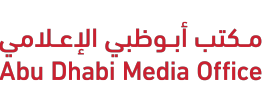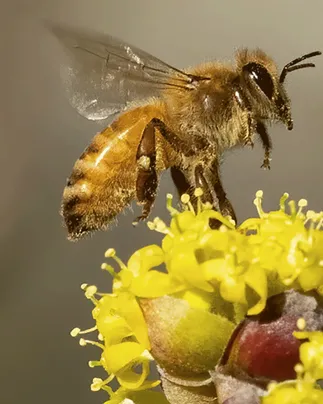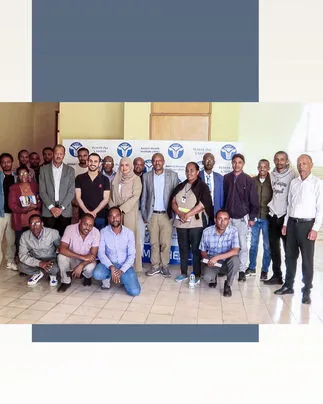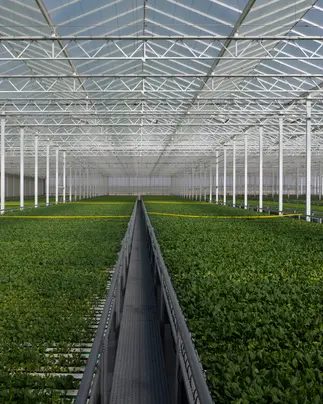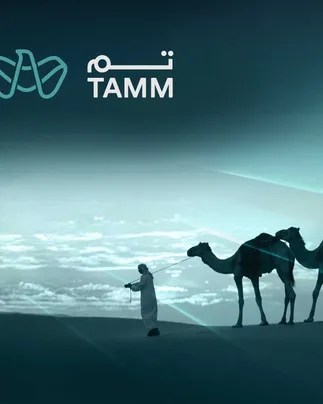Abu Dhabi Agriculture and Food Safety Authority (ADAFSA) has agreed to cooperate with the European Food Safety Authority (EFSA) to enhance scientific cooperation and dialogue in data collection and data sharing related to risk assessment. The agreement was signed remotely by His Excellency Saeed Al Bahri Al Ameri, Director-General of ADAFSA, and Dr Bernhard Url, Executive Director of EFSA.
Under the agreement, areas of cooperation include the collection, analysis or sharing of technical data in the areas related to food safety to ensure human health and wellbeing, taking into account animal and plant health and the environment.
It also provides for the exchange of knowledge or expertise in methodologies for data collection, scientific risk assessment or risk communication, scientific assessment, raising awareness of food safety risks at all stages of the food chain in addition to providing accurate and reliable risk assessments based on the latest scientific developments in an independent and transparent manner.
The five-year renewable agreement encompasses collaboration in training, knowledge transfer, and sharing of expertise between the two parties. This will help decision-makers make informed decisions about risk management based on the latest scientific findings.
EFSA is a leading international organisation that assesses food risks for EU countries and is also a strategic partner of ADAFSA. The two organisations have agreed to hold a series of meetings to follow up on the implementation of their agreement and to enhance their joint cooperation.
International cooperation is essential to protect the health and safety of humans, animals, and plants, and to manage food safety risks. This is especially important in light of the increasing globalisation of food markets and the growing demand for food imports.
ADAFSA maintains strong ties and productive partnerships with key international organisations that are relevant to its work, including the World Health Organization (WHO), the Food and Agriculture Organization (FAO), and the World Organisation for Animal Health (WOAH).
This commitment stems from ADAFSA's dedication to adhering to the highest global standards in food safety, as well as the protection of human, animal and plant health. By adopting the standards set by these institutions, ADAFSA aims to uphold food safety, prevent the transmission of food-related diseases, and enhance its preparedness and response capabilities during food-related emergencies.
